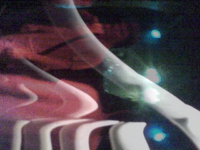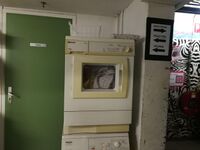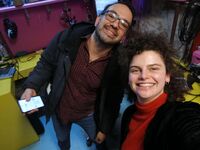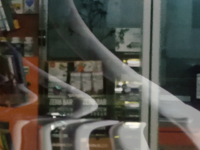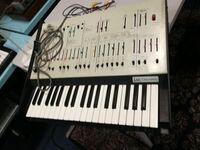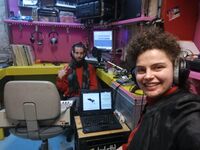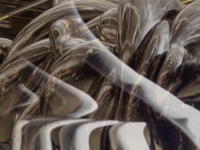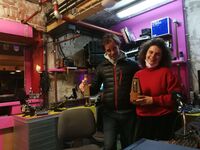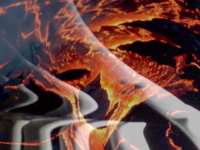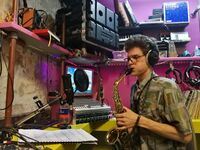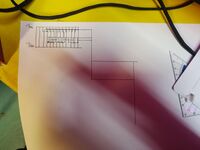User:Tisa/III
metadata
Name of my radio show: The side entrance
Time: weekly - Fridays at 16.00
Place: Radio Worm online and AM
The Side Entrance is a weekly radioshow at Radio Worm where Tisa N. Herlec interviews improvisers. They are speaking about the backstage of their work. We are entering into their sonic and conceptual worlds through the side entrance. Simultaneously engaging in the observation/listening of their sound materializations (pieces, tracks) and in a discursive flow where their stance is articulated.
My notes are here.
archive
#1: Josue Amador
15-1-21
links to works
recording of the show
transcription
here > in process.
photos
#2: Rok Zalokar
22-1-21
links to works
- https://www.youtube.com/watch?v=O8JN0kDeMKM
- https://rokzalokar.bandcamp.com/
- https://www.youtube.com/watch?v=Fj_ILz98Bto
recording of the show
transcription
here > in process.
photos
#3: Philipp Ernsting
29-1-21
links to works
- https://doktorschnitt.bandcamp.com/album/doktor-schnitt
- https://albatre.bandcamp.com/
- https://dzonk.bandcamp.com/
- https://anticlan.bandcamp.com/
recording of the show
transcription
here > in process.
photos
#4: Tilen Lebar
5-2-21
links to works
recording of the show
[ here]
transcription
here > in process.
photos
#5: Goncalo Almeida
12-2-21
#6: Lukas Simonis
19-2-21
#7: Lucija Gregov
26-2-21
proposed chapter - description
Form: a manual
Object: the interviews
In the third chapter, the manual, I will find inspiration and guidelines to improvisation in collaboration with various practitioners. In the context of a weekly radioshow at Worm Radio (hosted by me, starting in January 2021), I will interview them about: their processes, approaches to the construction of their works, specific practices they do to enter the state of flow, their relation to the documentation of performative, elusive works; and about the ways their past works relate to newer ones. When applicable to the individuals that I will be interviewing, I will also ask them about their methods of teaching improvisation. The interviews will be semi-structured in form, allowing me to improvise on the spot and respond in real-time to the emerging topos.
The data from the interviews and from my own practice will acquire a form of an assemblage, a methodological manual for improvisation and flow. In the process of writing this chapter, my role will be the one of the collector and the archiver, the one that arranges a multitude of recipes in a cookbook (methodologies in a manual) - doing so only when I will have tested, modified and taxonomized them. The manual will consist of methodologies, tactics, scripts, protocols, exercises, scores, compositional techniques and instructions that the readers will be invited to execute alone or with others, using the manual in everyday life and in generative improvisational practices in the media of their choice. My experience and the manual will further support me as a facilitator of workshops for improvisation that I will resume conducting as soon as possible (Covid), sharing methodologies in practice. In the meantime, I am building exercises that can be done in a digital environment (online video group workshops).
Writing this chapter will allow me to engage in discussions with improvisers that I respect and cherish; to exchange methodologies and approaches (the back-end/backstage of their practices that are seldomly articulated). It will afford me to look at my practice of improvisation through the prism of methodologies, to analyse, expand and update. This chapter will allow the readers into the backstage of the domain of improvisation (and my own practice that is a part of it), deepening their understanding of its constitution. The recordings of the interviews and their transcripts will be publicly accessible as an addition to this chapter in the form of the radio show (AM and online).
Keywords: improvisation, ubuntu, kinship, collectivity, daoism, theory of flow, chaos theory, flow, process, archive, documentation, improvisation as inherent to beings/systems, improvisation as a resistance tactic, proposition, methodologies, dynamics between improvisation and social contract, strategies of interrupting the scripting, habitus, normalization, disobedience, opposition, empowerment, unscripted dramaturgies, humor, dance, movement, playfulness/playing, collaboration, togetherness, ...

